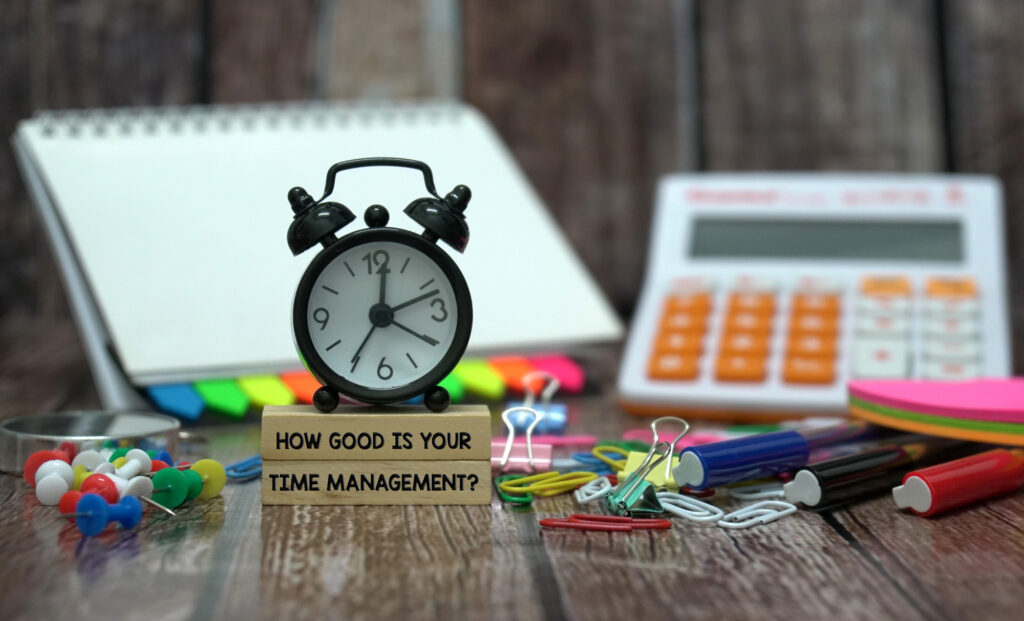Digital Detox: How Unplugging from Technology Can Improve Your Mental Health

The Digital Overload
Picture this: you’re constantly reaching for your phone, checking notifications, and scrolling through social media—even when there’s nothing new to see. If you’ve ever felt anxious without your phone nearby, you’re not alone. In today’s tech-obsessed world, we are more connected than ever, but this constant connectivity comes with a cost.
The never-ending cycle of emails, messages, and alerts is leading to increased stress, burnout, and mental health issues. The pressure to stay available and respond instantly can feel overwhelming, leaving little time to relax or recharge.
Enter the concept of a digital detox—a conscious decision to disconnect from technology to restore balance and mental clarity. By taking regular breaks from screens, you give your mind a chance to rest, reset, and focus on what truly matters. This article will explore why a digital detox is especially important for young professionals and how it can significantly improve your mental well-being.
Why a Digital Detox is Crucial for Young Professionals
For many young professionals, constant connectivity has become a way of life. From responding to work emails at all hours to keeping up with social media and news updates, the pressure to stay connected makes it hard to switch off. This nonstop flow of information, notifications, and digital interactions can quickly lead to stress and mental fatigue.
The impact on mental health is significant. Constantly being online can contribute to anxiety, stress, and information overload. The fear of missing out (FOMO) and the pressure to stay up to date with work, social media, and news can leave little room for mental peace. The more we engage with screens, the more we experience heightened mental fatigue, making it difficult to concentrate and relax.
Setting boundaries with technology is essential to creating mental space. A digital detox offers a much-needed break from screens, providing time to focus on personal well-being. Disconnecting allows you to recharge, reduces the mental strain of constant alerts, and encourages you to reconnect with real-life experiences. For young professionals, learning to unplug can lead to better productivity, balance, and mental health.
Benefits of a Digital Detox
A digital detox offers numerous benefits that go beyond just stepping away from screens. One of the most immediate advantages is reduced anxiety. The constant barrage of notifications and the pressure to respond can leave you feeling on edge. By unplugging, you reduce the stress of being “always on,” which allows your mind to relax and focus on the present moment.
Unplugging also leads to improved focus. When you take a break from technology, your mind is free from distractions, allowing for deeper concentration. This can result in more creativity, productivity, and better problem-solving abilities. You’ll find that without the constant interruptions from your phone or computer, you’re able to complete tasks more efficiently and with greater clarity.
Another key benefit is better sleep. Studies show that the blue light emitted from screens disrupts your natural sleep cycles. By reducing screen time—especially before bed—you give your body a chance to wind down, leading to improved sleep quality and more restful nights.
Finally, a digital detox allows for reconnection with reality. Taking time away from your devices enables you to engage more fully with your surroundings, hobbies, and relationships. Whether it’s spending quality time with loved ones or immersing yourself in nature, unplugging helps you appreciate life offline, leading to a more balanced, fulfilling life.
Practical Tips for Disconnecting from Technology
If you’re new to the idea of a digital detox, it’s best to start small. Set aside just an hour or two each day where you completely disconnect from your phone, laptop, and TV. Use this time for mindful activities like reading, going for a walk, or enjoying a meal without distractions. These small breaks can refresh your mind and provide relief from the constant digital bombardment.
One effective way to enforce this is by creating tech-free zones in your home. Designate areas such as the bedroom or dining room as no-technology zones. This helps create boundaries, ensuring that your personal spaces remain places of rest and connection rather than digital overload.
For a deeper reset, consider a weekend-long digital detox. Spend a Saturday or Sunday without any screens, focusing on mindfulness, outdoor activities, or hobbies you’ve been neglecting. Use this time to reconnect with nature, take walks, read books, or enjoy meaningful conversations with loved ones.
Another practical step is to schedule regular breaks during your workday. Aim for short, tech-free breaks every couple of hours to reduce screen fatigue. Step away from your desk, stretch, or take a few deep breaths to clear your mind.
Ironically, there are even apps that can help you detox. Use screen-time tracking apps like Moment or Forest to monitor and limit your screen time. These tools provide insights into how much time you spend online and can set reminders to disconnect.
Digital Detox Challenge: How to Start
If you’re ready to experience the benefits of a digital detox, why not try a 1-day digital detox challenge? Start by choosing a day where you’ll go completely tech-free, or for a bigger challenge, aim for an entire weekend without screens. Disconnecting for a full day will help you see the mental and emotional benefits more clearly.
To make the detox easier, create a plan. Let your friends, family, and colleagues know that you’ll be offline and unavailable. This way, they’ll understand why you might not respond immediately. Plan offline activities that you can enjoy during your detox, such as going for a hike, spending time with family, cooking, or journaling.
During your detox, reflect on how you feel. Are you more focused? Less stressed? Take note of any changes in your mental clarity, focus, or overall mood. You can also keep a journal or simply pause to check in with yourself throughout the day.
At the end of the detox, assess how your mental health has improved, and consider incorporating these breaks into your routine more frequently. The benefits will likely motivate you to make digital detoxing a regular habit.
The Mental Health Benefits of Unplugging
Unplugging from technology, even for a short time, can offer significant mental health benefits. A digital detox helps reduce anxiety by freeing you from the constant demands of notifications and alerts. It also improves focus and productivity, allowing your brain to recharge without the distractions of screens. Better sleep is another key benefit, as limiting screen time before bed helps regulate your natural sleep cycle.
By unplugging, you reconnect with your surroundings, hobbies, and loved ones—leading to more fulfilling and meaningful experiences. Make digital detoxing a regular part of your self-care routine, even if it’s just for an hour or two each day. The clarity and calmness you’ll experience are worth the time away from screens. It’s not just about disconnecting from technology; it’s about reconnecting with yourself.



